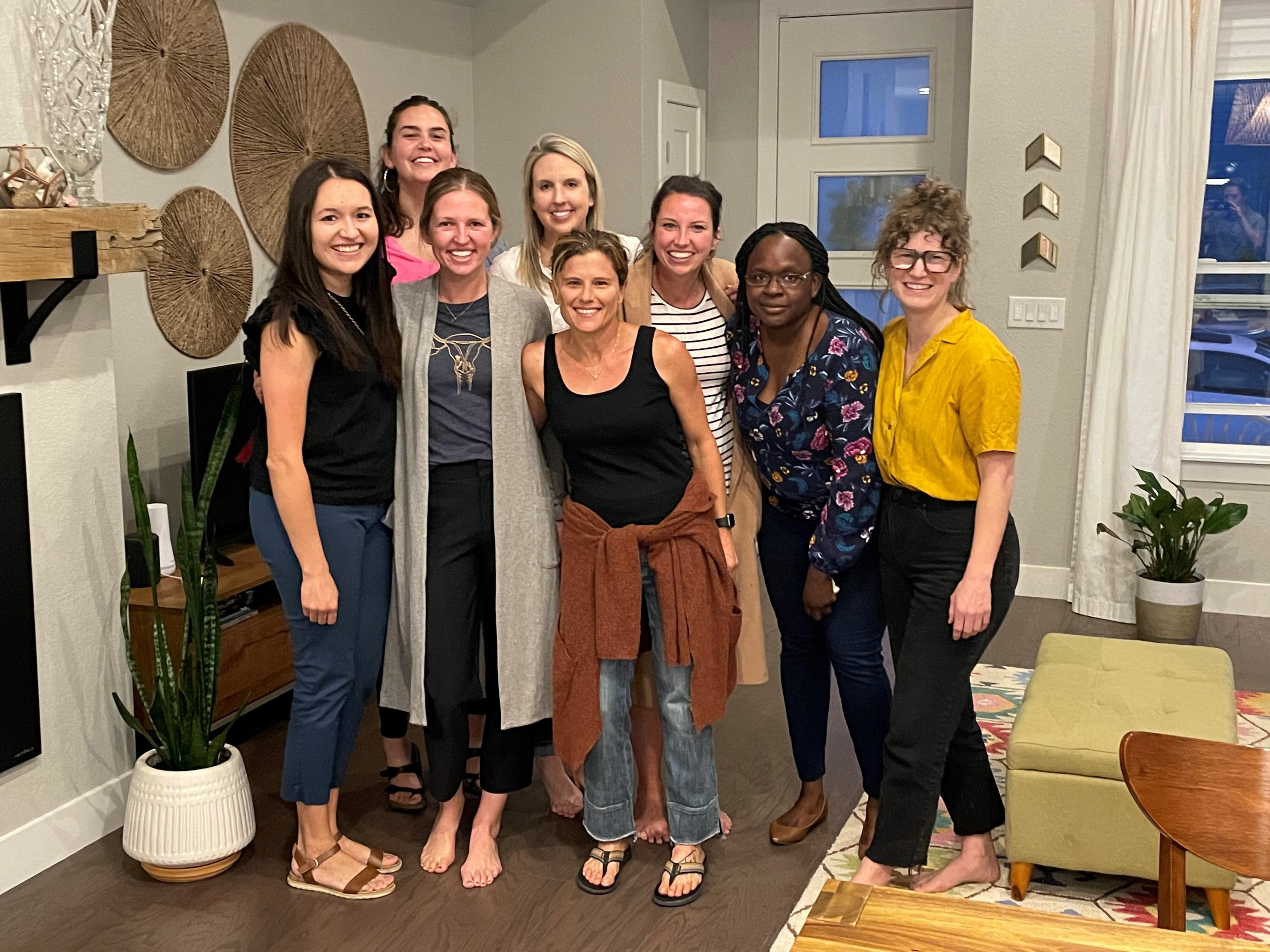Assessing and Addressing Clients' Social Determinants of Health in Colorado
Published:
To really be able to offer up something right then or do a warm handoff is so much more helpful than to be like, "Oh yeah, let me give you a piece of paper full of referrals."Molly Richards, BC4U Clinical Medical Director

When people don’t have access to essential resources like food, housing, transportation, insurance, or safety—often referred to as the social determinants of health, or SDOH—they’re less likely to seek and receive the sexual and reproductive health care they want and need. This, in turn, contributes to health disparities and health inequities.
Meeting all needs of their clients requires family planning agencies to think beyond sexual and reproductive health care, ask the right questions, and get creative. That was the approach of BC4U, an Aurora, Colorado-based clinic within the Colorado Department of Health’s Title X network. When the COVID-19 pandemic made it even more difficult for many clients to meet these basic needs, BC4U streamlined and formalized its process for assessing SDOH. BC4U’s intake forms for both virtual and in-person visits now include SDOH-related questions, which enables them to reliably and comprehensively assess clients’ needs and gather data they can use to connect clients with services and supports.
BC4U has also established systems to respond to client needs. When screening suggests that a client is experiencing interpersonal violence, a mental health issue, or a SDOH need, BC4U quickly takes action. For example, they may:
- Link the client with a social worker or health navigator
- Make a warm handoff to a mental health provider
- Prescribe food from their on-site food pharmacy, where clients can pick up food bundles
This swift, direct action increases client follow up, minimizes care gaps, and enhances BC4U’s ability to provide client-centered, trauma-informed, quality care that advances health equity.
All family planning agencies can take steps to address SDOH, reduce barriers to care, and promote health equity. To explore opportunities, check out this resource from the RHNTC:
